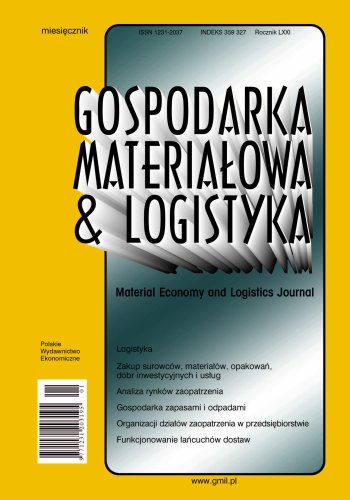The main objective of the publication is to define the role and importance of shipment of dangerous goods in transport and freight forwarding, with particular emphasis on Poland. In the first part of the dissertation, the concept of dangerous goods was defined. Also, the types of vehicles used for their movement were presented and shipping modes used to transport dangerous goods were identified along with the requirements for shipment of dangerous goods and proper attention to the equipment and marking of the cargo and the means of transport carrying such dangerous goods. Moreover, methods and ways of securing the loads during their movement were indicated. This part identifies the obligations of carriers during the shipment of dangerous goods (divided into particular modes of transport). The second part of the publication deals with international regulation taking into account the mode of transport (ADR, RID, IDMG, ICAO) and underlines its importance in EU law. Attention was drawn to the results of the analysis of the organisation and implementation of the transport process of dangerous goods in Poland. These issues have been discussed i the context of the legislation and a model for their use in the transport of dangerous goods has been presented. Particular attention has been paid to the analysis of the most frequently used mode of transport for these goods, on the basis of which land transport management has been assessed. The evaluation of transport related to the adequacy of legislation on the transport of goods. Examples of difficulties and irregularities in Polish legislation in the field of transport of dangerous goods were also identified. The evaluation of the management of the transport of dangerous goods was the starting point for proposals to improve and modify the transport of dangerous goods.
Keywords: dangerous goods; shipment of dangerous goods; international legal regulations; transport and forwarding of dangerous goods

